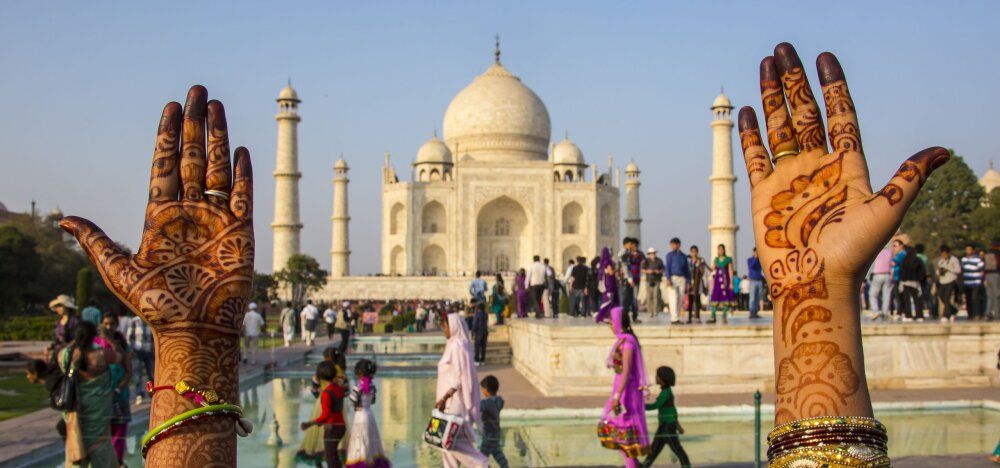India’s 1st parliamentary meeting on crypto ends with a unanimous decision not to ban

On Monday, the Indian parliament held its first meeting to decide the future of cryptocurrencies in the country. The meeting ended in a consensus that cryptocurrencies should be regulated in the country and that a blanket ban was off the table.
According to the Financial Express, a source revealed said:
There was overall consensus among members of parliament that there should be regulation instead of banning it. Now there are two ways of looking at it. Either 90% of it is banned or 10% is allowed or vice versa. That’s the trade-off discussion which has been pending. And for that, we have to go point-by-point.
Present at the meeting hosted by the Parliamentary Standing Committee on Finance were representatives of crypto exchanges like Binance-owned WazirX and India’s two crypto unicorns CoinDCX and CoinSwitch Kuber, among others. The Blockchain and Crypto Assets Council (BACC) members, industry bodies, and stakeholders were also present in the meeting chaired by the leader of India’s ruling party, Jayant Sinha.
Stakeholders have previously been in contact with the government for several months, even though this was the first official meeting held to discuss their views and it is still unclear who the regulator should be for the Indian crypto market.
Issues discussed during the meeting ranged from deliberations about how foreign crypto exchanges should be treated, how to control crypto-related ad campaigns, and how to ensure investor protection to the central bank’s view on the potential threat crypto’s pose to the economy.
India’s central bank (RBI), has frequently called for the government to ban cryptocurrencies. The RBI governor Shaktikanta Das believes digital assets cannot be regarded as “currencies” as they lack intrinsic value.
Das reiterated his concerns last week at the BFSI Insight Summit stating that:
Cryptocurrencies are a very serious concern and we have concerns from macroeconomic and financial stability point of view. RBI has given detailed suggestions to the government and the matter is under active consideration of the government.
The governor has always been skeptical about cryptocurrencies, but he opined that the final decision lies with the government. He went on to say that the number of retail investors and total investment in the crypto sector in India was exaggerated, even as the government has admitted several times that it does not collect nor have any concrete data related to the cryptocurrency market.
Back in 2018, the RBI tried to effect a de facto ban on digital currencies by urging all regulated banks to suspend their offerings to crypto-related businesses. However, the request was rejected by the apex court in early 2020.
The parliamentary meeting came after a meeting chaired by Prime Minister Narendra Modi on Saturday, which addressed the potential use of cryptocurrencies for illegal activities like money laundering and terror financing.
Judging by the proximity of the two meetings, it can be said that the government intends to roll out a crypto regulatory mechanism as early as possible. They might be looking to introduce the crypto bill in the winter session of parliament scheduled to begin later this month.
Fears of a blanket ban that has haunted the Indian crypto space for years have been dispelled following the series of meetings, along with finance minister Nirmala Sitharaman’s consistent reassurances that crypto will not be shut out.
To date, crypto exchanges continue to struggle to offer payment options to clients as major banks have avoided the industry or withdrawn their services altogether.




